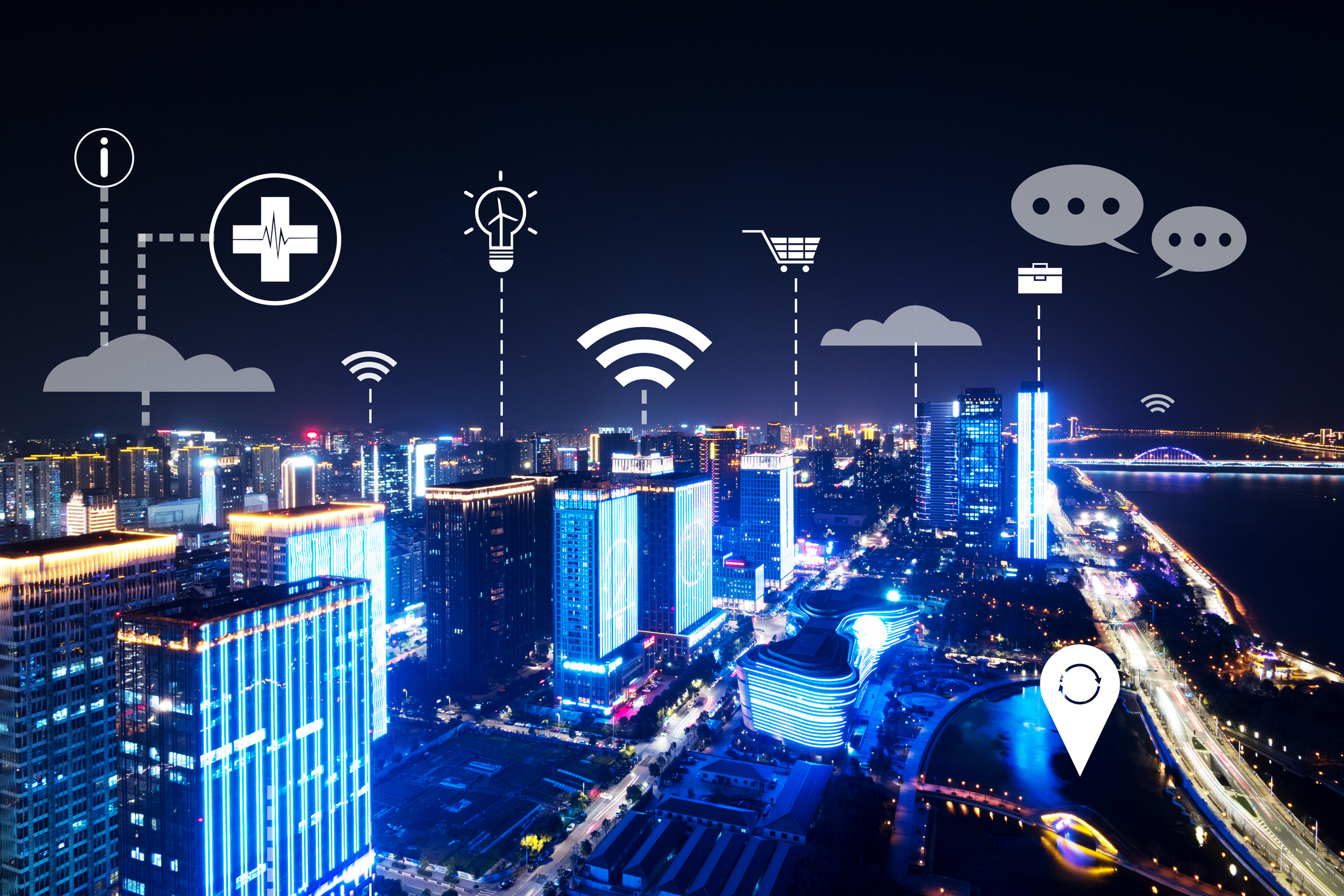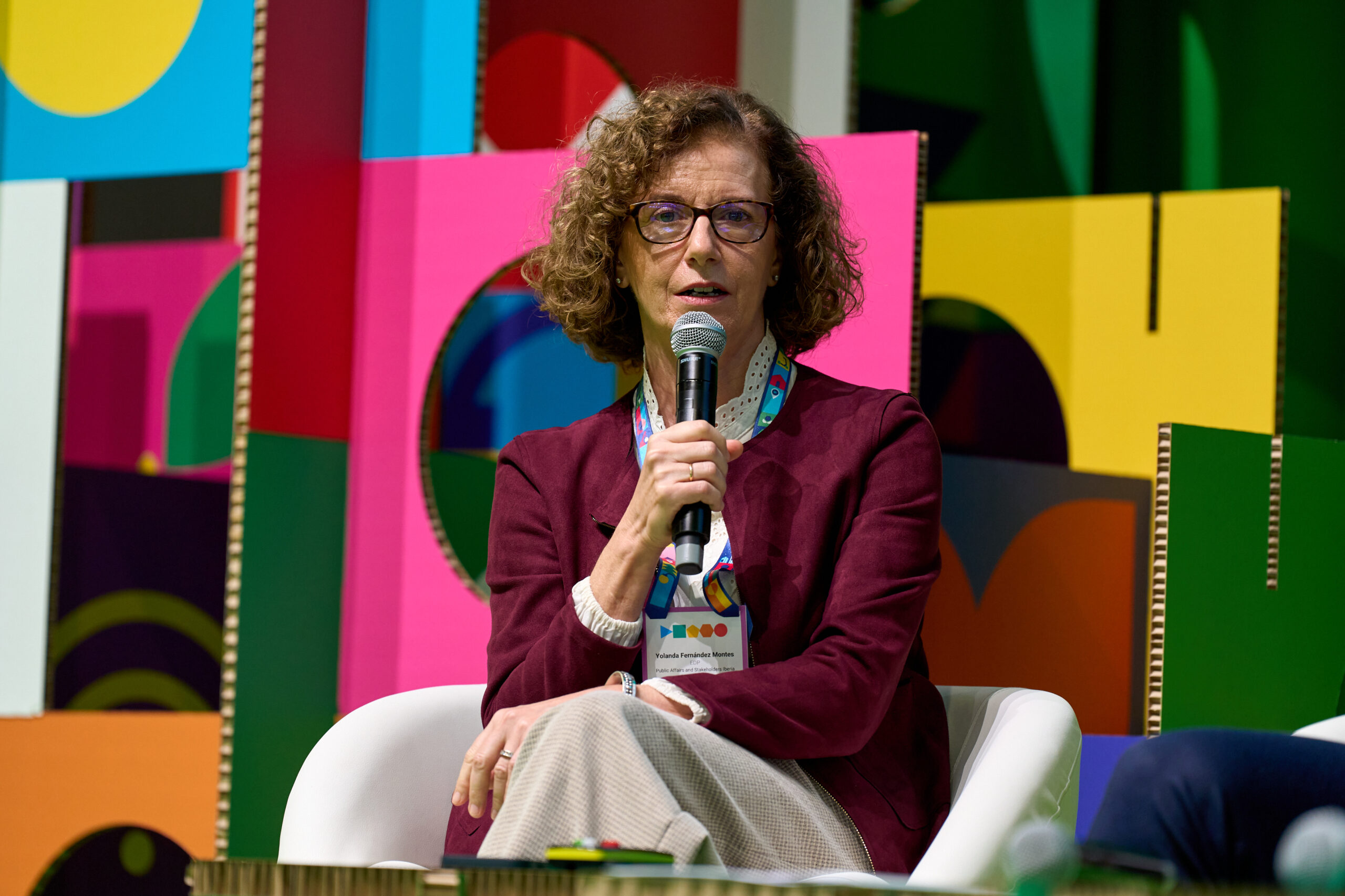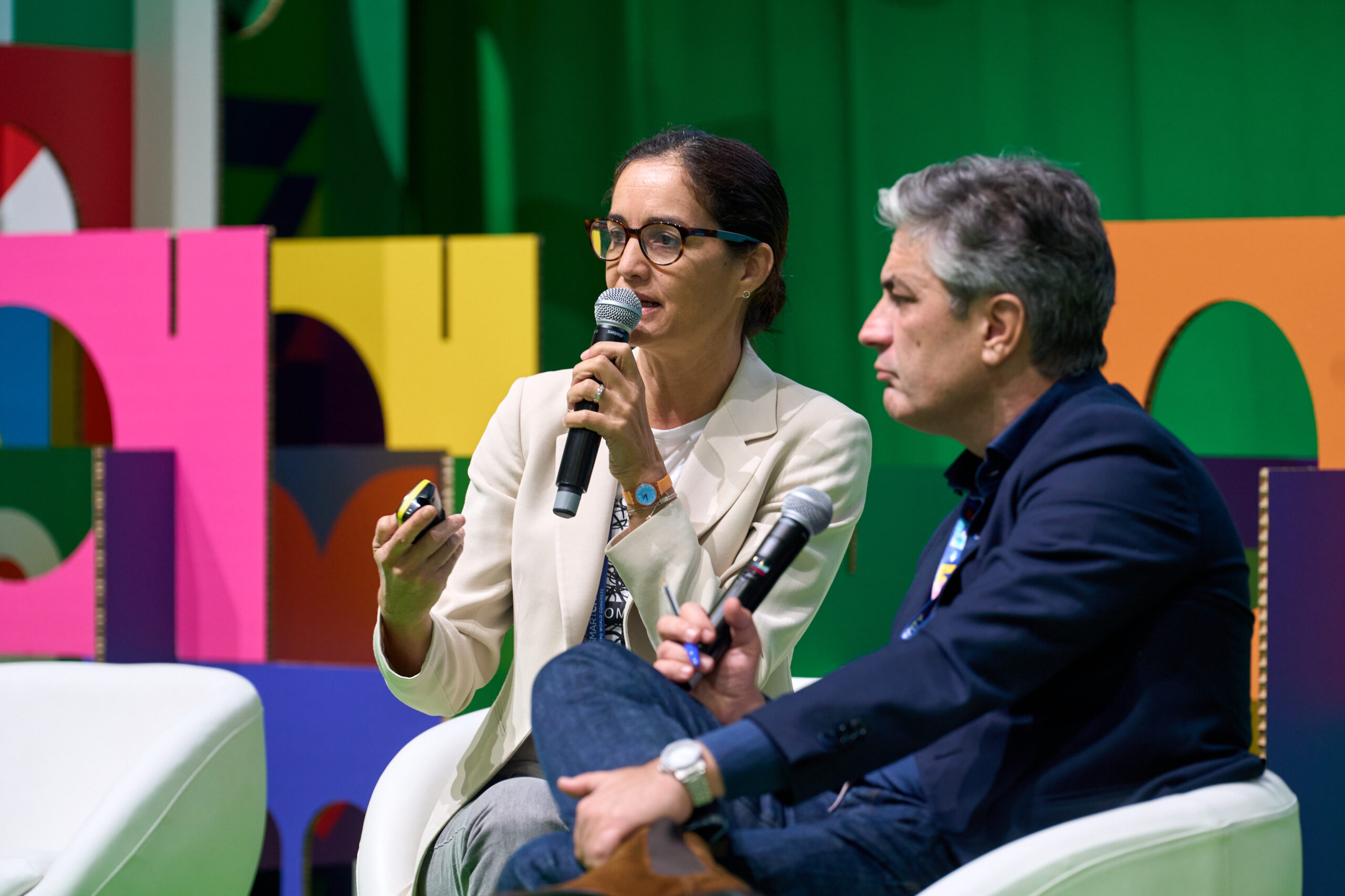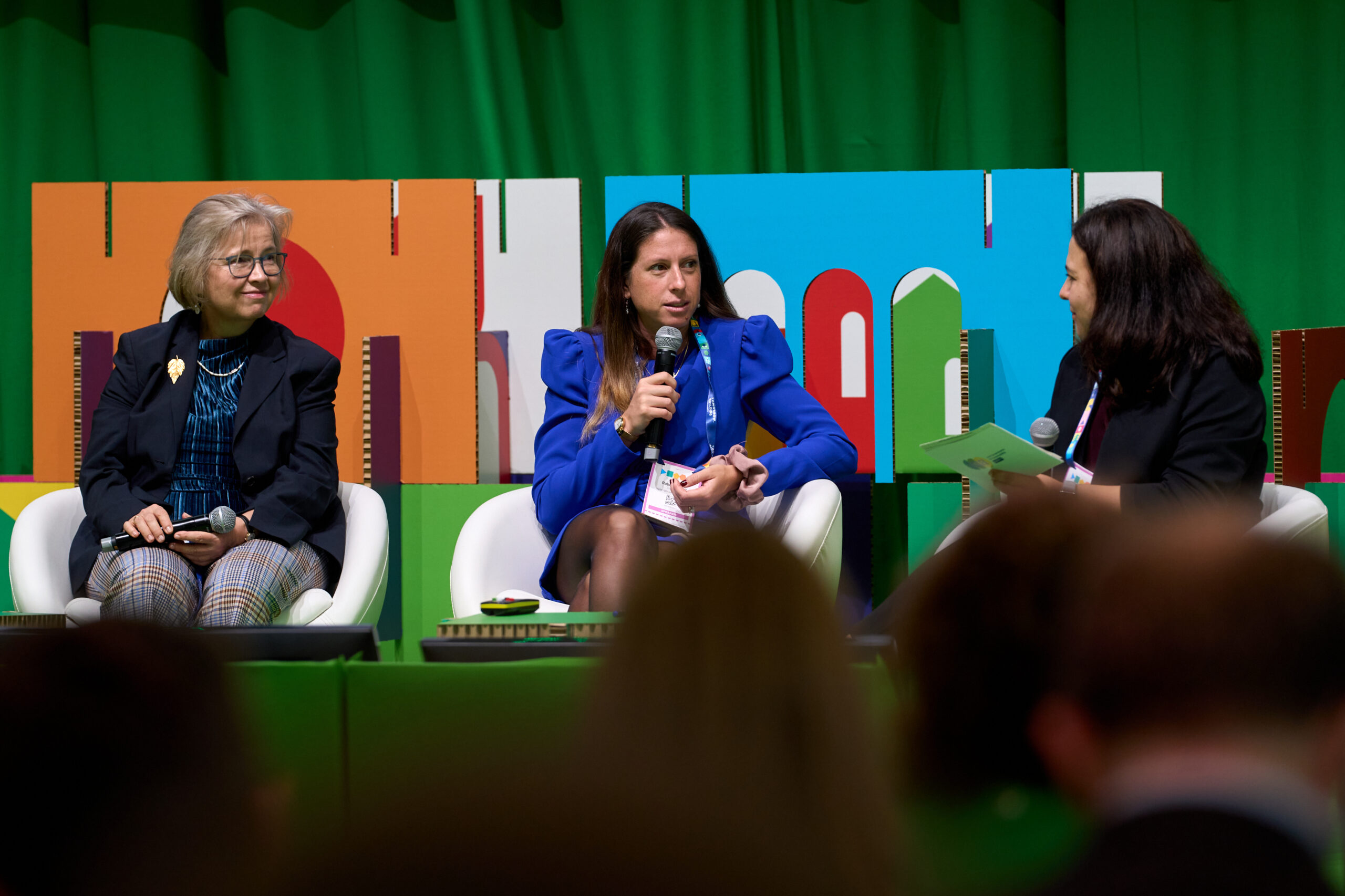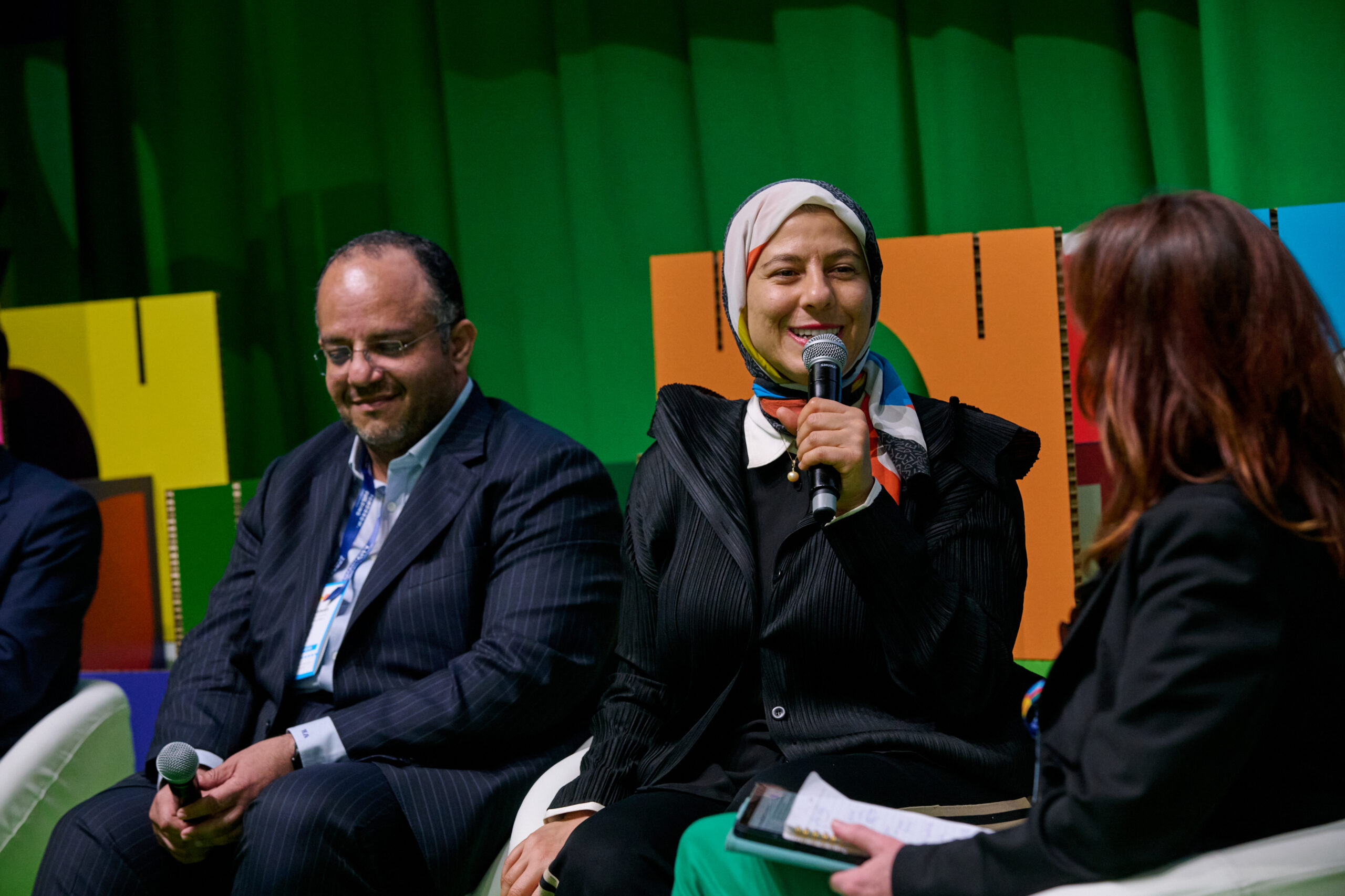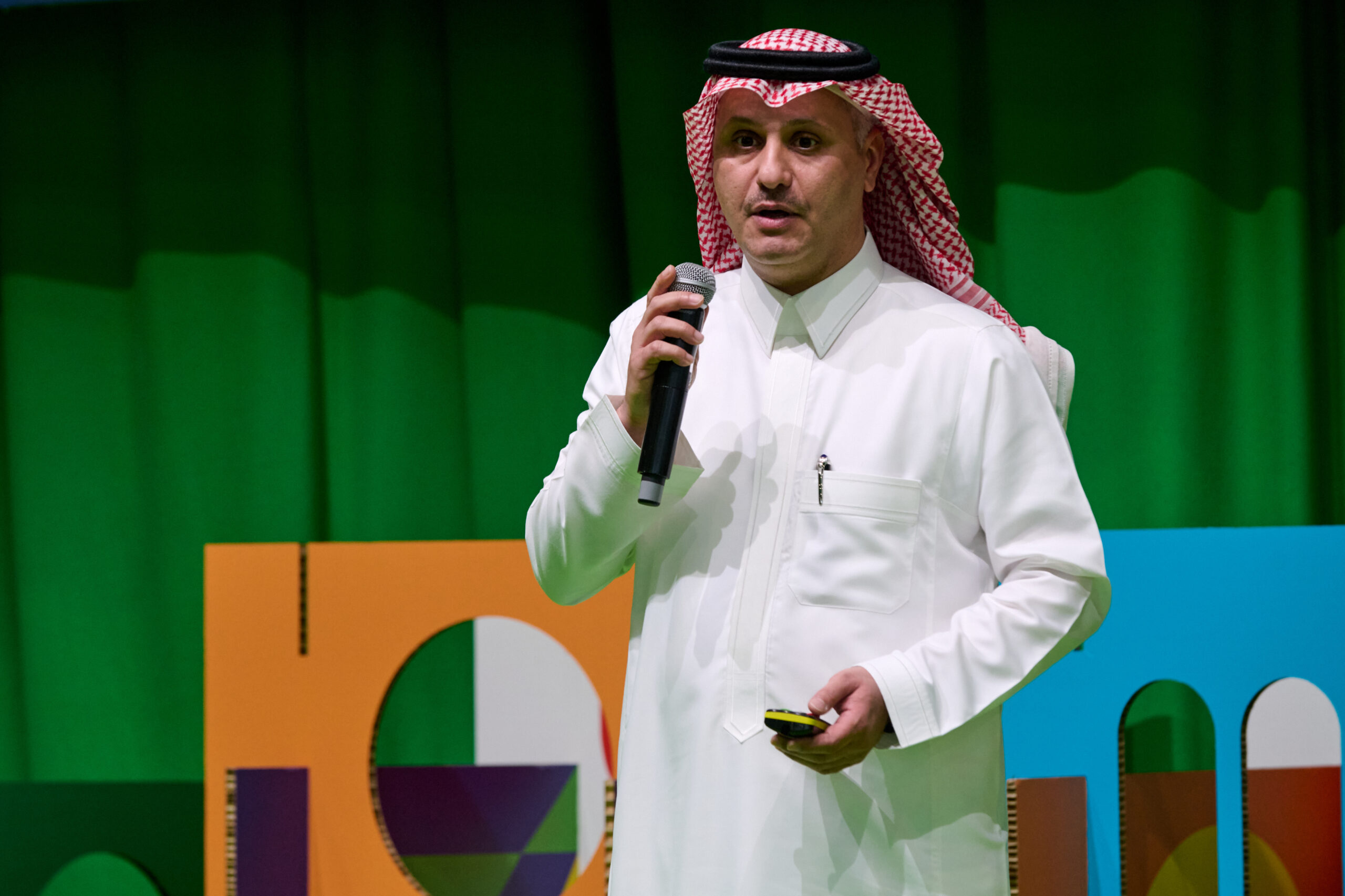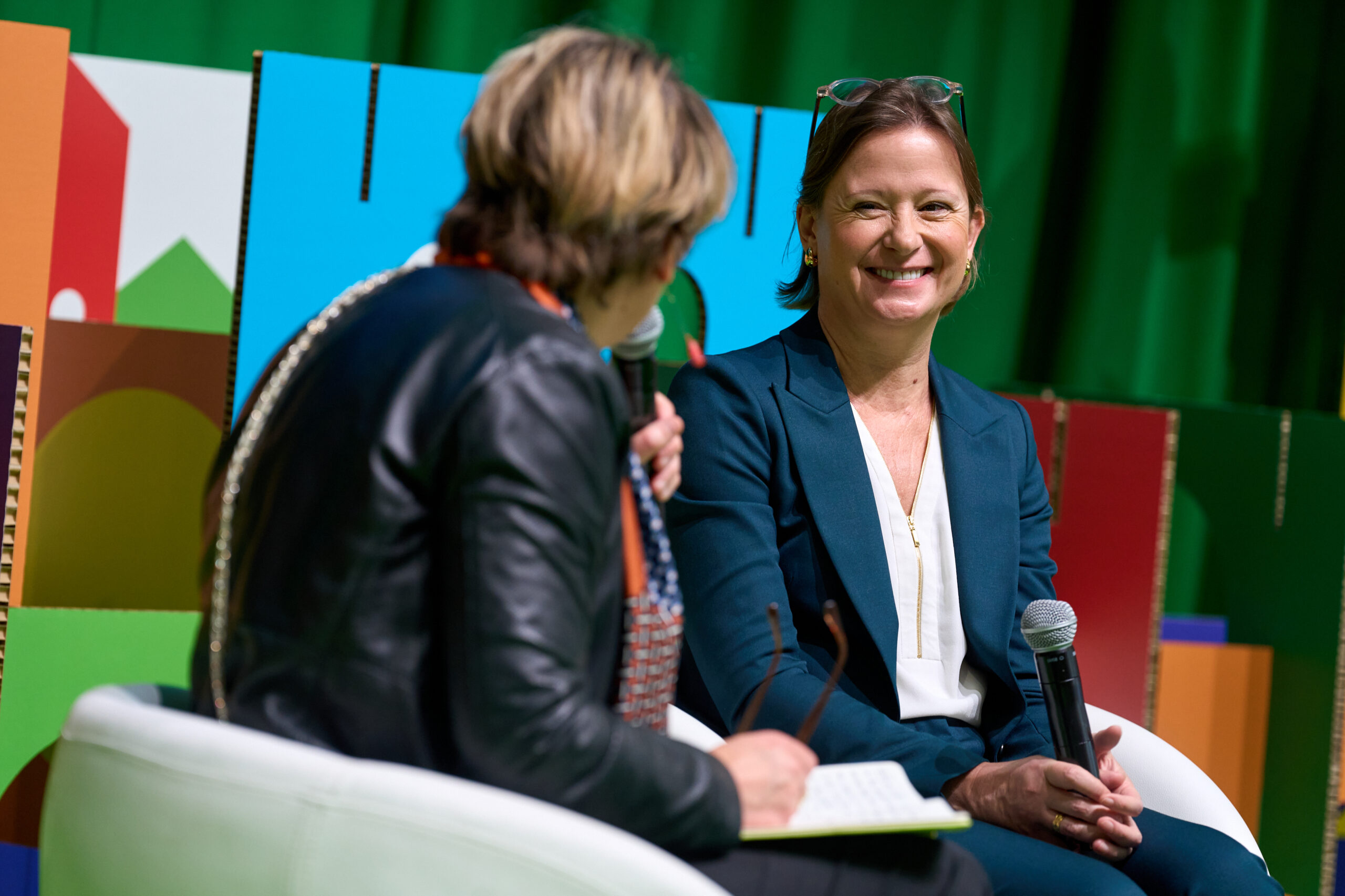Author | Lucía Burbano
According to figures shared by the World Bank, 2.01 billion tons of municipal solid waste is produced each year, and this figure is expected to increase by 70% in the next 30 years. Despite all the available technologies, cities recycle less than 20% of their urban waste and 80% ends up in landfill and dump sites.
These figures reflect the need to implement smart systems that enable comprehensive management of the waste generated in cities.
The benefits of smart waste management systems
Smart waste management uses various technologies, essentially IoT devices which, thanks to the capture of data through sensors, their processing capacity and specific software, enable real-time data to be analyzed and transmitted.
In this particular case, a smart waste management system is capable of, for example, detecting when a bin is full and alerting those in charge of the municipal collection services. They can therefore plan their waste collection tasks more efficiently based on the time the bins take to fill.
In addition to planning, this information that is transmitted offers two more advantages:
- Environmental: since waste collection trucks have to make fewer unnecessary trips.
- Economic: it favors a more efficient working day, thusoptimizing the waste collection schedule. This reduces municipal costs and taxes.
In addition to IoT, artificial intelligence allows us to go one step further by detecting the type of waste being deposited in each garbage bin. These are known as smart waste bins, like Bin-E.

Cities that have implemented smart waste management systems
If we go back to the study by the World Bank, and look at the economic values, the operating costs of a conventional waste system, which includes collection, transportation, treatment and elimination, can exceed $100 per ton.
The environmental figures are not very promising either, since the elimination of waste -particularly the potent methane gas released by organic material in landfills- accounts for around 5% of all greenhouse gas emissions. In some cities, like Kolkata, this figure rises to 35% of total emissions, or 22% in Rio de Janeiro.
Cities, aware of these impacts, have started to implement smart waste management systems.
In 2018, San Francisco started installing Bigbelly smart bins followed later by New York. They can collect at least five times more trash than traditional bins since they compact the content using solar power and alert the authorities when they have reached 70% of their capacity.
There are no garbage trucks in the smart city of Songdo. When garbage is placed in trash cans across the city’s apartments, kitchens, halls and offices, it is then automatically sucked out through a series of pressurized pneumatic pipes to an underground network of tunnels and pipes.
The system connects to a central treatment plant called "Third Zone Automated Waste Collection Plant", where waste is sorted and recycled and organic waste is burned for fuel.
In 2021, Amsterdam was awarded the GO SMART 2021 award for its smart solution that detects street garbage with AI, which automatically maps objects and identifies garbage on the street. Once detected, the information is shared with the city council’s corresponding services so they can collect it, thus helping the city to keep its streets clean.
Photographs | Unsplash/Nick Fewings, Blue Cloud






